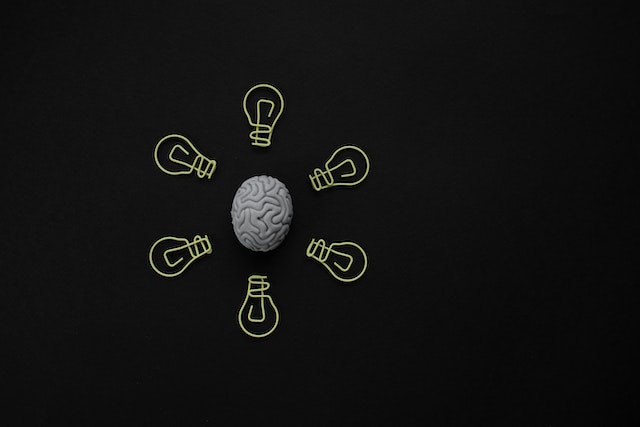Introduction:
Consciousness, the enigmatic realm of our subjective experience and self-awareness, has captivated the human mind for centuries. The exploration of consciousness involves both philosophical inquiry and scientific investigation, with each discipline offering unique perspectives on this profound phenomenon. In this article, we embark on a fascinating journey into the mind, delving into the intricate interplay between philosophy and science in our quest to understand consciousness.
1. Philosophical Perspectives on Consciousness:
Philosophers have contemplated the nature of consciousness for millennia, posing fundamental questions about its existence, qualities, and relationship to the physical world. From René Descartes’ notion of the mind-body duality to Immanuel Kant’s exploration of the structures that shape our conscious experiences, philosophical perspectives have laid the groundwork for contemplating the mysteries of consciousness.
2. The Hard Problem of Consciousness:
At the heart of the philosophy of consciousness lies the “hard problem” – the challenge of explaining how and why subjective experiences arise from physical processes in the brain. This philosophical conundrum raises profound questions about the nature of consciousness and the potential limits of scientific explanation. It invites us to reflect on the rich qualitative aspects of our conscious experiences that are seemingly beyond the reach of scientific observation.
3. Scientific Approaches to Consciousness:
While philosophy probes the conceptual aspects of consciousness, science brings empirical methods to the table. Neuroscience, cognitive science, and psychology have made significant contributions to our understanding of consciousness through experimental research, brain imaging techniques, and behavioral studies. These scientific approaches aim to uncover the neural mechanisms and processes that underpin conscious awareness.
4. Neural Correlates of Consciousness:
Neuroscience research has identified neural correlates of consciousness – specific patterns of brain activity that are associated with conscious experiences. Through techniques like fMRI, EEG, and single-neuron recording, scientists have observed distinct brain regions and network dynamics that accompany different aspects of consciousness. These findings contribute to the ongoing effort to unravel the neural basis of subjective experience.
5. Exploring Altered States of Consciousness:
Altered states of consciousness offer intriguing avenues for investigating the mind. Whether induced through meditation, hypnosis, or the use of psychoactive substances, these states provide unique insights into the plasticity and flexibility of conscious awareness. Scientific research in this area seeks to understand how changes in brain activity and connectivity give rise to altered states and the potential implications for our understanding of consciousness.
6. Bridging Philosophy and Science:
The pursuit of understanding consciousness benefits from a symbiotic relationship between philosophy and science. Philosophical inquiry challenges scientific assumptions, raises thought-provoking questions, and encourages conceptual clarity. Meanwhile, science provides empirical evidence and testable theories that enrich and refine our philosophical understanding. Bridging these disciplines fosters a more comprehensive exploration of consciousness.
Conclusion:
The study of consciousness is an enthralling journey into the depths of the mind. By blending philosophical contemplation with scientific investigation, we gain valuable insights into the nature of consciousness. As we navigate the philosophical and scientific landscapes, we inch closer to unraveling the mysteries of subjective experience, self-awareness, and the profound enigma of consciousness itself.




